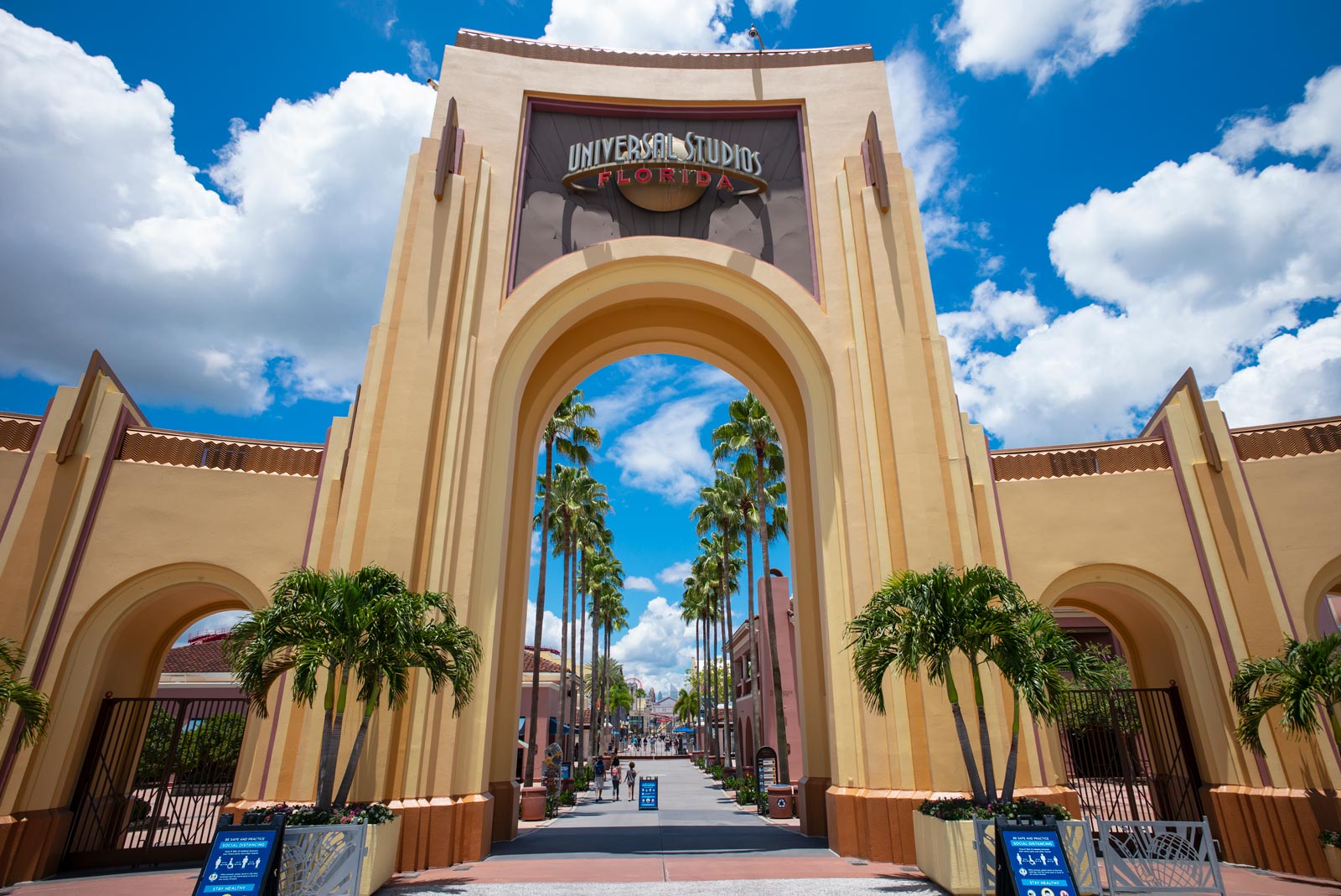By Dawn Wotapka
Published July 22, 2023
Lifelong Learning: Older Adults Embrace Education
In his recent application to be a student speaker at Western Governors University’s commencement, David Lavers showcased his unique journey as an older student. He emphasized, “At 71, I am typically older than my cohorts and most of my instructors.” Lavers represents a growing demographic of older adults who believe that higher education is not just for the young but is equally rewarding for retirees and near-retirees.
Embracing Higher Education in Later Life
Traditionally, retirement was viewed as a time for relaxation and family time. However, advancements in technology and health care have opened new avenues for personal growth and purpose. Jean Mann, a graduate program director, notes, “Baby Boomers are working longer and embracing their third acts. Continuing education supports these efforts.”
The Desire for Knowledge
“Education is not limited to a specific age group. Older adults have a strong desire to continue learning and expanding their knowledge,” states Rick Benbow, a vice president with Western Governors University. Higher education presents them with valuable opportunities to pursue new interests and stay mentally engaged.
The Potential of Older Students
Older adults contribute positively to college communities, often viewed as valuable resources bringing diverse life experiences. Ziad Bentahar, an associate professor, observes that retirees can offer unique perspectives in classroom discussions, enriching the learning environment for all students.
Planning Your Educational Journey
Before pursuing further education, it is essential to determine your goals. Consider whether a full degree or a certificate would best suit your plans. Additionally, assess your time commitment alongside personal and professional obligations, as balancing these can be crucial to enjoying retirement.
Financial Considerations
Understanding the financial implications of returning to school is vital. Financial planner Michael Ryan stresses the importance of evaluating return on investment and overall financial situations before committing to a program. Scholarships, grants, and other financial aid options can also help alleviate costs.
Exploring Lifelong Learning Opportunities
Many institutes, including the Osher Lifelong Learning Institutes, offer engaging courses tailored for adults aged 50 and older. Opportunities range from art history to technology, catering to varied interests, thus fostering a stimulating environment for continued growth.
Conclusion
Returning to education can be a fulfilling venture for retirees. It not only equips them with new skills but also encourages social interaction and communal involvement. Age is merely a number; the drive for knowledge can lead to enriching experiences and a better quality of life.
Note: This article first appeared in a publication focused on the key concerns of affluent older Americans who are preparing for retirement.




